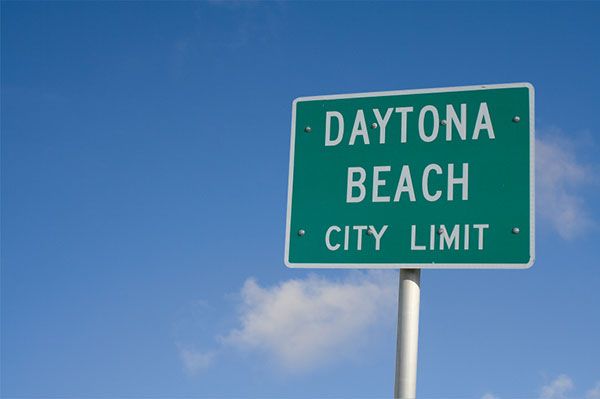Daytona Explores Turning Wastewater into Drinking Water
Published on by Water Network Research, Official research team of The Water Network in Government
Daytona Beach is embarking on a groundbreaking attempt to test whether water flushed into its sewers from homes throughout the city could be treated and turned into drinking water.

The city effort is a demonstration project to explore what it would take and how much it would cost to treat a portion of the city's wastewater stream — flushed from toilets, tubs and washing machines across the city — to the higher standard of drinking water, instead of discharging it to the Halifax River.
Astronauts aboard the International Space Station have been recycling their wastewater into drinking water for years. The technology has been pioneered on the station, where astronauts continue to research recycled water treatment.
In a news release last week, NASA stated the water astronauts drink on the station "is recycled by up to 80 percent from their sweat, urine and other reclaimed water sources." The recycling reduces the need to ship water from Earth to the station.
Faced with a finite-and-shrinking supply of low-cost freshwater and growing populations, Daytona Beach joins utilities across the country exploring ways to harness the available technology to make better use of the millions of gallons of wastewater being discarded every day.
Daytona Beach is "about capped out" on the amount of water it's allowed to withdraw from city wells under its permit from the St. Johns River Water Management District, said Hardy Smith, the city's government relations administrator. The city is undertaking a range of projects to try to make better use of its wastewater, Smith said, hoping to allow economic development growth to continue.
The projects, including a tank to hold more treated wastewater and a project to rehydrate a swamp, said Smith, will help "take the pressure off" the aquifer, the primary supply of drinking water for most of Florida.
The pilot project to treat wastewater to drinking water standards is an "innovative collaboration" with the water district to conduct the two-year test, Smith said. But none of the water will actually be put into the city's drinking water system. A separate state permit and review would be required before recycled water could actually be used for drinking water, state officials said.
The industry acknowledges its biggest challenge is perception, the need to address the emotional reaction people have to the concept that wastewater from toilets and tubs can become drinking water, despite the fact that all water on the planet is continually recycled.
Read more at: The Daytona Beach News Journal
Media
Taxonomy
- Sewage Treatment
- Water Reuse & Recycling
- Waste Water Treatments
- Water Treatment Solutions
- Integrated Water Management
- Reuse
- Urban Water
- Drinking Water Managment
- Urban Water Supply
- Drinking Water
- Integrated Infrastructure
- water treatment